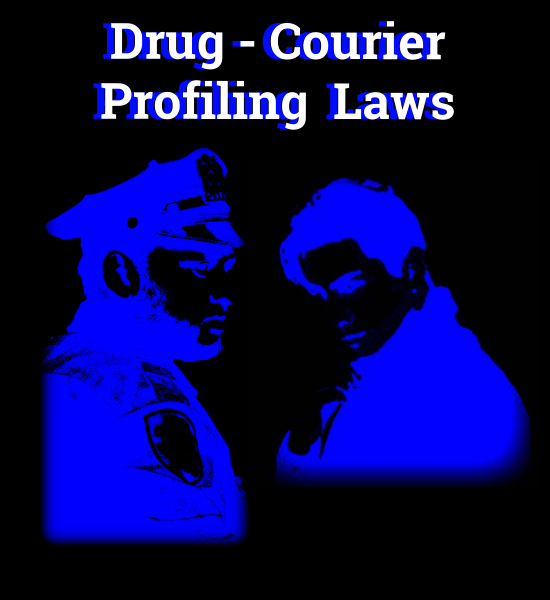Recently, an Arizona court denied a defendant’s appeal in a murder case involving the defendant’s former roommate. The defendant asked the court to consider the written confession that the State introduced at trial inadmissible; he claimed he did not write the confession voluntarily and, therefore, the prosecution should not have been able to use it.…
Continue reading ›Articles Posted in Arizona Criminal Defense
In a recent case coming out of the Supreme Court of Arizona, the defendant asked the court to reconsider his conviction for resisting arrest. According to the defendant, the trial court improperly instructed the jury regarding the law that applied to his case, and the verdict should be reversed because of the trial court’s error.…
Continue reading ›In a recent case before the Arizona Court of Appeals, the defendant unsuccessfully argued that a police officer’s canine search of her vehicle was unwarranted. Originally, the defendant was charged, convicted, and sentenced for possession of a narcotic drug for sale. On appeal, she argued that the evidence of the drugs should have been suppressed…
Continue reading ›In a recent opinion from an Arizona court in a kidnapping case, the defendant’s original conviction was sustained. The defendant argued that even though he had committed burglary and aggravated assault on the day in question, his crimes did not fit within the definition of “kidnapping.” The court disagreed, denying his appeal and affirming his…
Continue reading ›In a recent opinion written by an Arizona appellate court, a defendant appealed a lower court’s denial of his to suppress the physical evidence found in his backpack after a murder. The appellate court affirmed the denial of his motion to suppress, finding that the defendant’s Fourth Amendment protections were not violated since the backpack…
Continue reading ›Recently, the Arizona Court of Appeals issued an opinion in an Arizona robbery and felony-murder case. In its opinion, the court affirmed the lower court’s decision to deny the defendant’s motion to preclude an identification made by a witness. The Facts of the Case According to the court’s opinion, the defendant and four other individuals…
Continue reading ›Over the past decade, more states are coming to realize the detrimental—and unfair—effects that result when applying existing laws. For example, laws imposing mandatory minimum punishments, the system’s failure to account for mental health issues (including addiction), and harsh collateral consequences that come along with a conviction have all started to get a second look.…
Continue reading ›A DUI breath or chemical test is considered a protected search under the 4th Amendment. This requires police to have a warrant for probable cause in order to conduct a DUI breath, blood or urine test. This is the case, even if it is administered under Arizona’s Implied Consent Law. Arizona courts have held that if a person was coerced by the officer to take the DUI test then their consent is not voluntary (State of Arizona v. Valenzuela, 2016). Thus, an involuntary consent does not relieve police of the requirement to obtain a warrant.
The Arizona Supreme Court recently issued a written opinion in an Arizona DUI case centered on the issue of whether the defendant’s consent to provide a blood test was voluntary or involuntary. This article outlines the recent Arizona Supreme Court opinion, Q. & A. surrounding Arizona’s Implied Consent Law.
The U.S. Supreme Court has long held that when the prosecution uses drug courier profiling evidence for the purpose of substantially proving guilt, it is a violation of the defendant’s right to a fair trial.
Drug profiling is when the police officers observe a collection of behaviors typically recognized in law enforcement as being associated drug dealer conduct.
While police can use drug courier profiling evidence to establish reasonable suspicion to stop and investigate a person’s actions, this evidence cannot be used at trial largely to prove guilt. This is because by doing so, the defendant is essentially prosecuted for what others have done instead of what the defendant has done.
This article includes a discussion of the new aggravated factor law pertaining to masks and disguises; what constitutes a mask or disguise; other aggravated and mitigating factors in sentencing; the burden of proof for aggravated factors; examples of aggravated and mitigated factors; sentencing ranges, how penalties are imposed within them; and the role of a criminal defense attorney in the sentencing stage.
Continue reading ›














